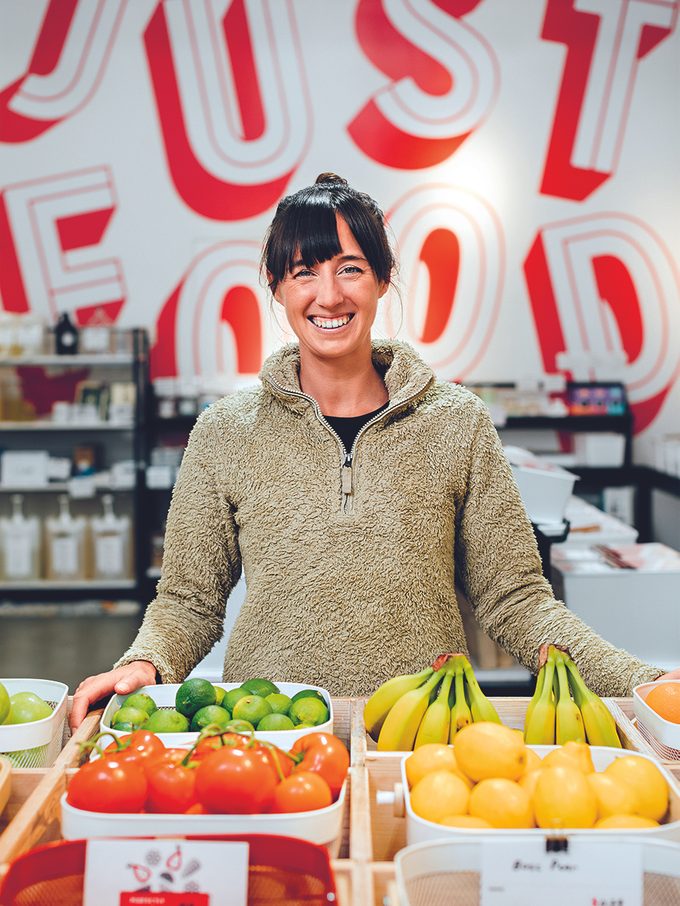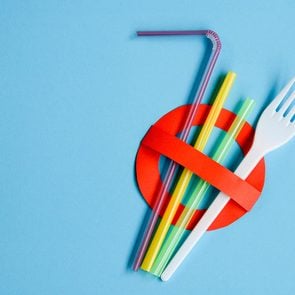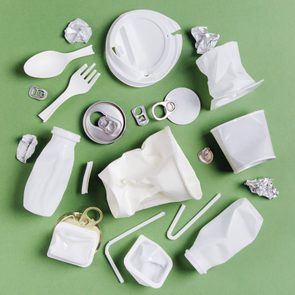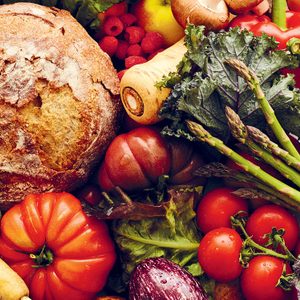This Canadian Grocery Store Is Saving the Planet One Reusable Container at a Time
Tired of seeing plastic litter polluting the oceans and endangering marine life, Brianne Miller founded Nada, a zero-waste grocery store that is challenging itself and its customers to reduce packaging.

In the 2010s, 34-year-old Brianne Miller travelled around the world as a marine biologist. No matter how remote the location, she made the same alarming discovery: copious amounts of plastic littering the water and threatening marine life. Miller knew she needed to do something.
Canadians throw out three million tons of plastic waste each year. Groups like A Greener Future, which organize litter clean-ups across Canada, estimate that 33 per cent of what they pick up comes from food packaging. Approximately one third of all food produced worldwide goes to waste, too, according to a United Nations study. (If food waste were a country, it would be the third-largest producer of greenhouse gases.) Miller, determined to fix the problem at the source, envisioned a shop that went further than banning plastic bags—a place that eschewed both wasteful packaging and the bad habit of wasting food itself.
In 2015, she cold-called a Vancouver Patagonia store and, explaining how her mission mirrored that brand’s emphasis on sustainability, convinced its managers to host her first pop-up. Her stock consisted of about 10 jars of dried mangoes, locally made chocolate, nuts and some pasta. She sold out in one afternoon—and knew she was onto something.
In June 2018, after another year and a half of successful pop-ups, Miller opened one of the first zero-waste grocery stores in Canada. She named it Nada, and ensured everything was designed to make the zero-waste shopping experience easy. You can bring your own containers, though it’s not necessary: right by the front door are well-organized bins of “upcycled” sanitized glass or plastic containers, free for the taking.
Nada sells the food items you’d expect—dried pasta, whole grains, spices and baking ingredients—and hundreds you wouldn’t, like jam, frozen fruit, perogies and kimchee, all 100 per cent package-free. As items approach their expiry date, the in-store café uses them to make baked goods, soups and more. To offer this variety, Miller buys from some 115 small, local companies. The suppliers must have a social or environmental mission, and just as importantly, they must work to reduce waste in their own supply chain.
Miller is clear that the store doesn’t try to compete on price. For example, popcorn kernels at a generic store may cost 70 cents per 100 grams; at Nada, a customer might pay $1 per 100 grams, knowing that the kernels are organic and non-GMO. Even so, zero-waste shopping can still come with savings. Take products that typically come packaged in bulky containers, like spaghetti sauce; a large part of the traditional cost would be in that glass jar.
The early days of the pandemic were tough on the business. Because bulk food sales were restricted, Nada closed its doors to the public for 18 months. Miller pivoted to online ordering and delivery, though in a very Nada way. Carbon neutral deliveries are made by e-bike and, as of February, via a fleet of electric vehicles. Everything from olive oil to fresh eggs (and you can purchase just one, if you’d like) comes delivered in upcycled containers, which are collected (and reused again, of course) with the next round of deliveries.
Those containers do so much more than just reduce waste. They get people thinking big, just as Miller had hoped they would. “They’re tagged with Nada stickers, so you can see how many times the container has been used,” she says, and then smiles. “If you open someone’s pantry and see all of these Nada-branded quirky packages, it’s bound to start a conversation.”
Do you want to make the shift towards a low-waste lifestyle? Check out these eco-friendly products for your grooming routine.






